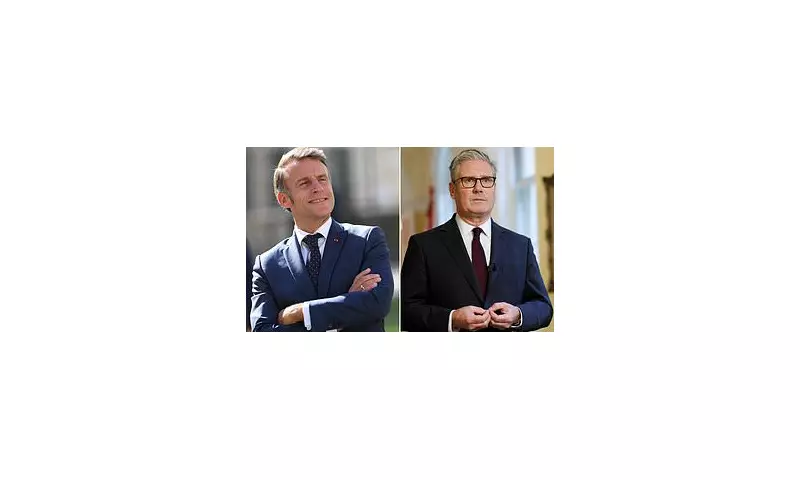
In a finding that seems to defy the prevailing political winds, a major international study has crowned Britain's Sir Keir Starmer and France's Emmanuel Macron as the planet's most popular leaders. This revelation arrives amidst a widely documented surge in support for right-wing and populist parties across Europe and North America, presenting a fascinating paradox for political analysts.
A Surprising Verdict from the Polls
The comprehensive Ipsos survey, which gauged public opinion across 23 countries, placed the two centrist stalwarts at the pinnacle of global approval ratings. Sir Keir secured a net approval rating of +36, while President Macron followed closely with +30. This positions them significantly ahead of other Western leaders, including Canada's Justin Trudeau and Germany's Olaf Scholz.
The results are particularly striking given the current political climate, often described as a 'right-wing moment'. The success of figures like Italy's Giorgia Meloni and the growing influence of populist movements have dominated recent headlines, making the strong showing for Starmer and Macron all the more notable.
Decoding the 'Centrist Conundrum'
Political scientists are scrambling to explain this apparent contradiction. How can centrist leaders maintain such high personal popularity while electoral momentum appears to swing elsewhere? Experts point to several key factors:
- Perceived Competence: Both leaders are often viewed as serious, steady hands capable of managing complex economies and international relations.
- Contrast with Populism: In an era of political volatility, their measured approach may appeal to voters seeking stability.
- The 'Halo Effect' of Incumbency: Being on the world stage can boost a leader's profile beyond their domestic political battles.
Storm Clouds on the Horizon
Despite their strong personal ratings, the poll also uncovered significant public pessimism. A majority of respondents believe their country is "on the wrong track," and trust in government remains low in many nations. This suggests that while Starmer and Macron are personally popular, they are navigating a deeply sceptical and anxious global electorate.
This creates a precarious balancing act. Their popularity is a valuable asset, but it exists within a fragile system where public faith in institutions is eroding. The challenge for both leaders will be to translate their personal approval into tangible policy successes that address the underlying causes of voter discontent.
As the political landscape continues to shift, the resilience of this 'centrist appeal' will be one of the most closely watched stories in global politics. For now, Starmer and Macron stand as unexpected beacons of popularity in a sea of uncertainty.





